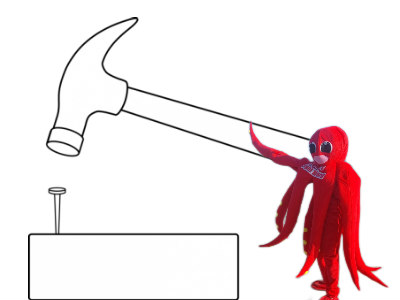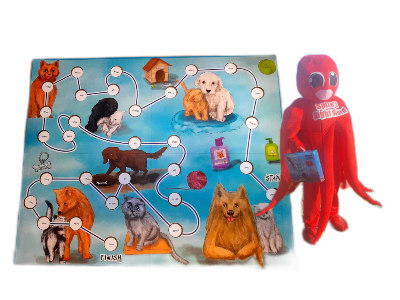
1. To drop the ball
To ‘drop the ball’ is to make a mistake, normally by doing something stupid or careless. E.g. “I’m really sorry everyone, I really dropped the ball on this one.”
The origin of the phrase “drop the ball” is rooted in sports, specifically baseball. In the game of baseball, when a fielder drops a ball that should have been caught, it’s considered a major error, which leads to a negative consequence for the team. They literally dropped the ball.














